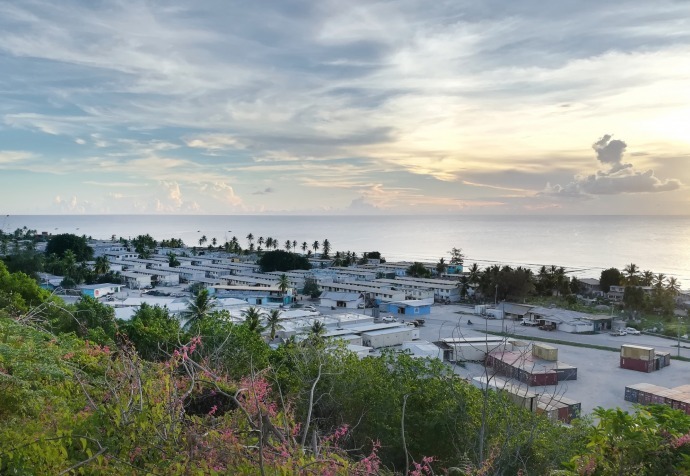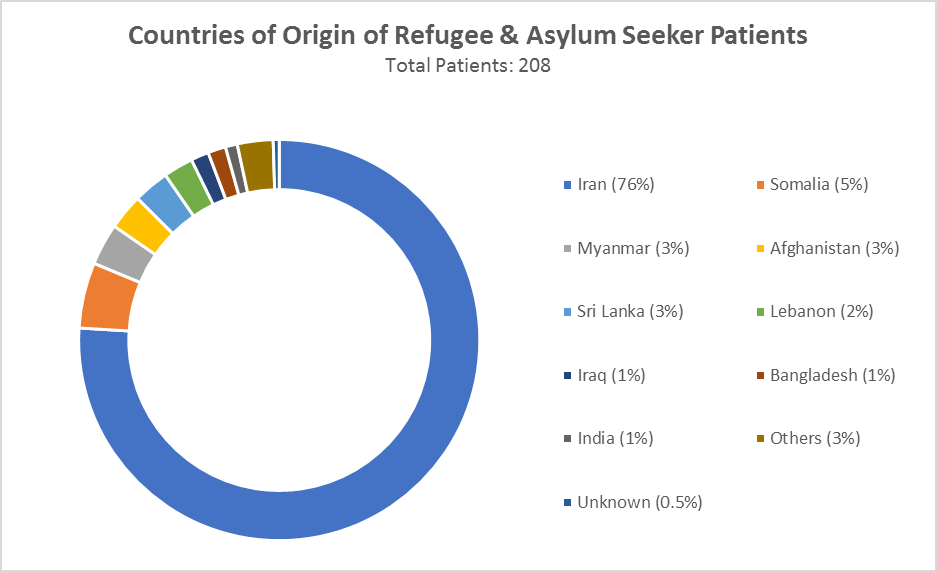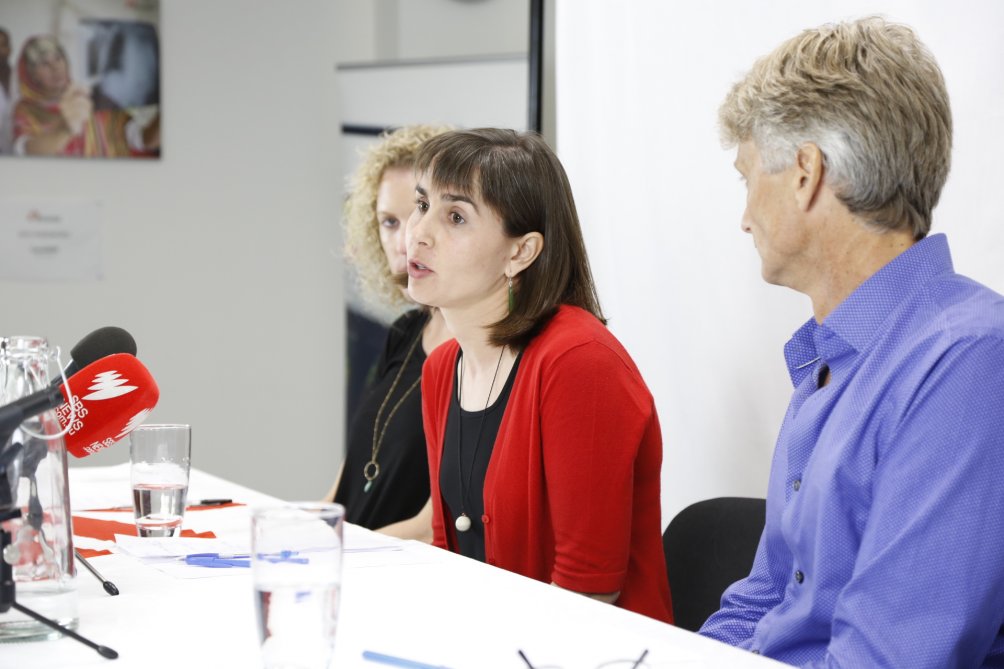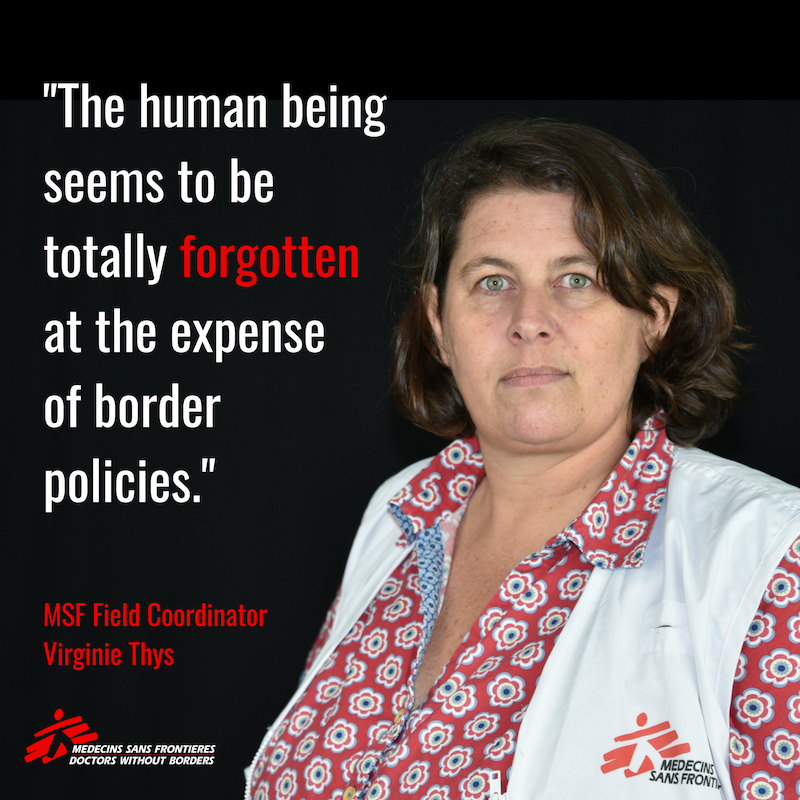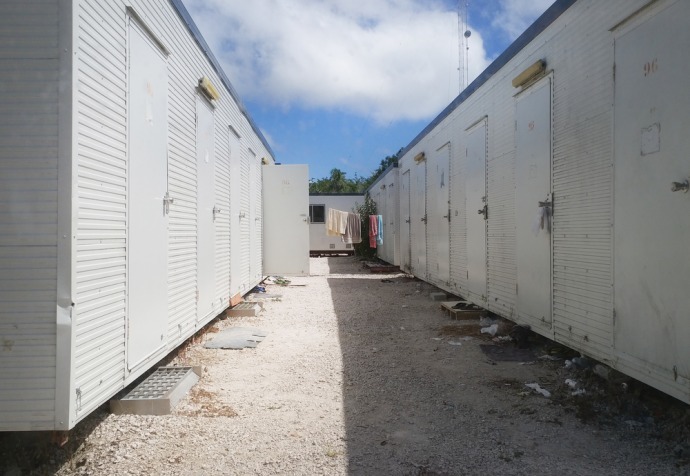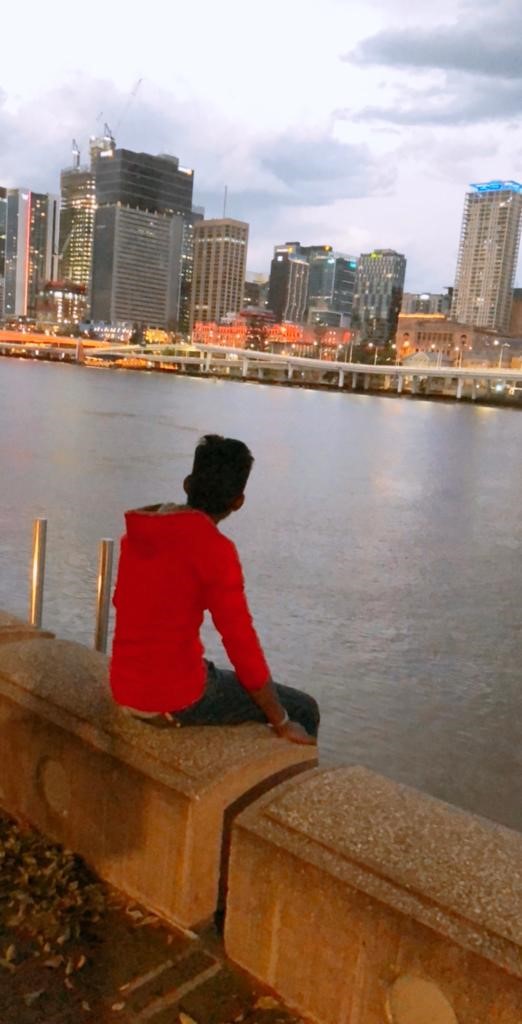1. SEEKING SAFETY IS NOT A CRIME
Under international law, refugees and asylum seekers have the right to move between borders to access protection, food, shelter, and medical care. Today, there are 68.5 million forcibly displaced people around the world – more than at any time in modern history. These are people who have fled extreme dangers, whether to escape bombing, civil war, violence, or other life-threatening circumstances. Those who have been uprooted from their homes often face further struggles on their journey to find safety, including lack of access to essential needs like clean water, food, shelter, personal security, and healthcare.

